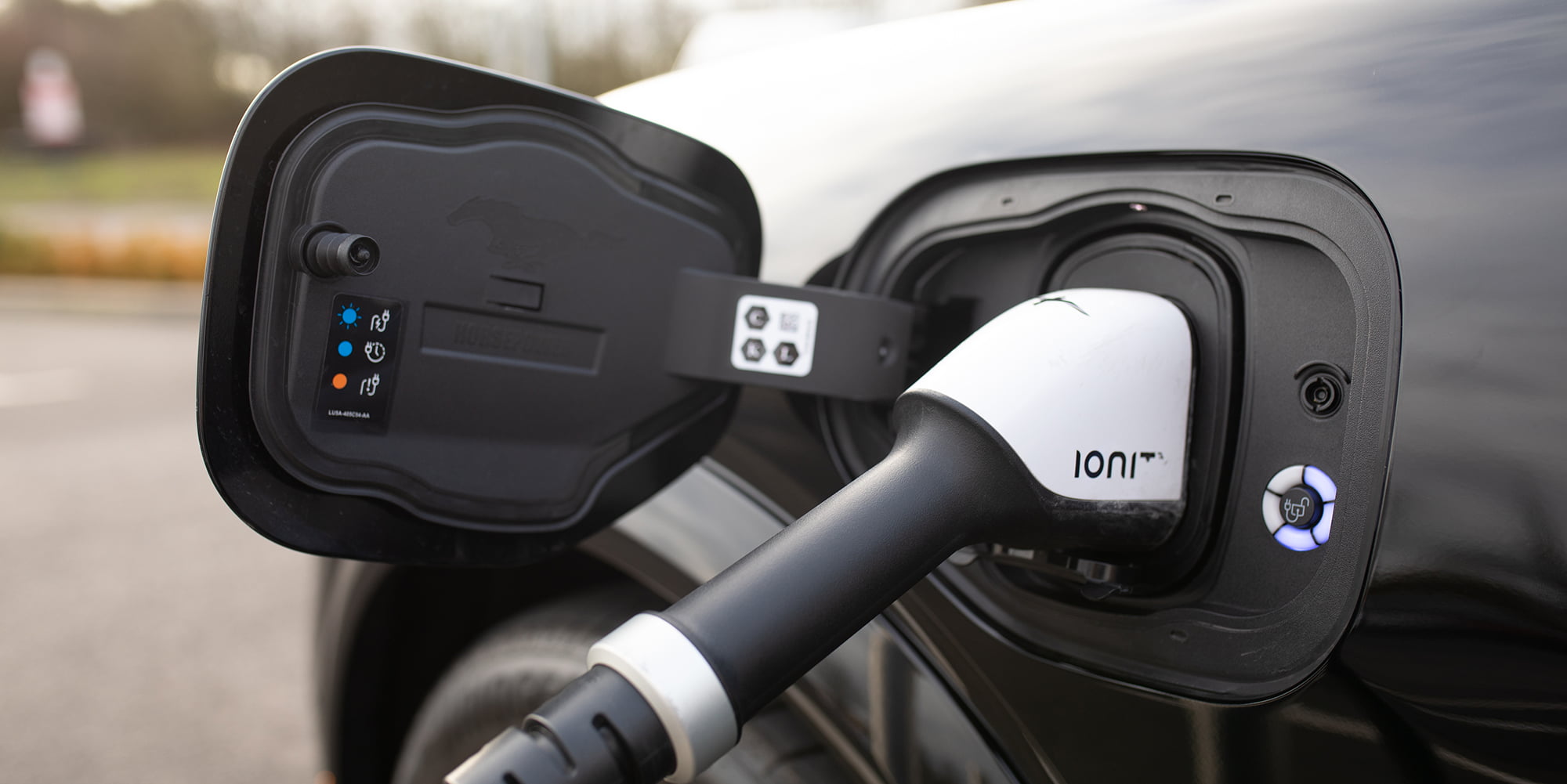
A new guide from the Department for Transport (DfT) and Office for Zero Emission Vehicles (OZEV), available in print and online, gives fleets a handy resource to answer drivers’ questions about Electric Vehivles (EVs).
With rapid adoption of EVs showing no sign of slowing, the DfT and OZEV say people still understandably have a lot of questions about this new technology.
Here are 5 of the 19 myths that the leaflet tackles. Click here for the rest.
Electric vehicles are too expensive
EVs do cost more to buy outright but, in many cases, have a lower cost over 4 years.
According to recent industry estimates, an EV can save £176 in running costs for every 1,000 miles driven. This means it can cost as little as 2 pence a mile to run an EV when charging on off-peak electricity. This is compared to over 20 pence per mile for petrol and diesel. As EVs have far fewer moving parts there’s also less maintenance to be done.
There are tax incentives in place for owners of EVs, including zero road tax and favourable company car tax rates. These can save some drivers over £2,000 per year. All this means that the market for more affordable zero emission vehicles is growing rapidly.
As of May 2022, 24 models are priced under £32,000 compared to 15 at the same time in 2021. With production costs reducing, some forecasts show that some EVs could be the same price to purchase as a petrol or diesel car well within the 2020s.
EVs do not have the battery range to travel as far as people need
99% of car journeys in England are under 100 miles. This means most drivers’ needs are easily met by an EV.
For those travelling further, there are over 20 models available with a quoted 200-plus mile range. There are also some new electric cars coming soon with a range of over 300 miles, enough to get from Exeter to Leeds.
With battery prices having fallen to 80% of what they were in 2010, continued price decreases in 2021 and further drops forecasted in the long term, we expect to see more EVs available with greater range.
Building an EV generates more greenhouse gas emissions than it saves
This has been debunked in numerous well-respected studies.
A new battery-electric car has just a third of the lifetime greenhouse gas emissions of an equivalent new petrol car, even when taking into account battery production and disposal. EVs are getting progressively cleaner as electricity generation decarbonises.
The battery will need replacing after 5 years
There are well over 10 million EVs on the world’s roads already. There is no evidence to suggest their lifespans are any different from a petrol or diesel vehicle.
Most EV batteries have warranties of around 8 years (or 100,000 miles) but are expected to last much longer, and their lifespan continues to improve. EVs are in daily use across the UK’s roads as taxis and in other high mileage roles.
The government has committed £330 million to the Faraday Battery Challenge to support the research, development and scale-up of world-leading battery technology right here in the UK, including pioneering work on improving battery lifespan.
Batteries cannot be recycled and will all end up in landfill
Existing regulations ban the disposal of EV batteries to landfill and incineration. Car manufacturers are obligated to take back EV batteries free of charge and ensure they are treated at permitted facilities that meet the required recycling efficiency standards.
With the increasing number of EV batteries, we are reviewing these regulations to strengthen them. The government’s £330 million Faraday Battery Challenge has an aim of increasing recyclability of an EV battery to 95% by 2035, increasing the amount of minerals, like lithium and cobalt, that can be extracted and reused.
We want to create a circular economy for EV batteries to maximise the economic and environmental opportunities of the transition to zero emission vehicles.
As EV adoption continues, fleets need to make sure their drivers are familiar with the new behaviour and driving characteristics of the new vehicles with which they might be sharing the road, if not driving themselves. IAM RoadSmart’s Electric Vehicle Familiarisation course is an excellent way to deliver training to your drivers which is specifically focused on getting them used to the changes that come with EVs. Get in touch to learn more.


